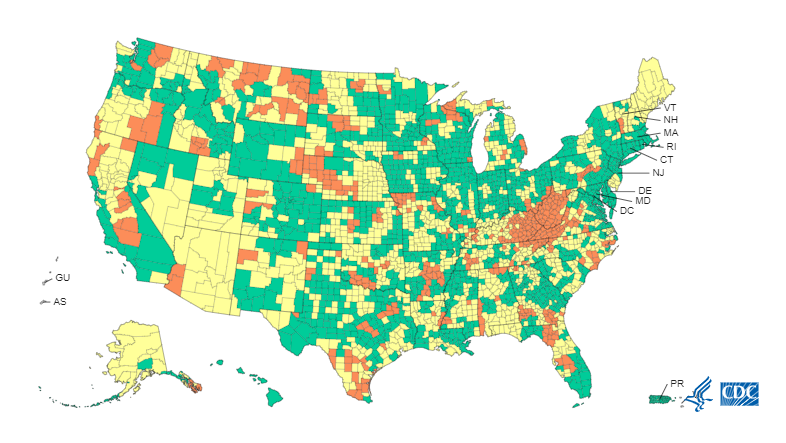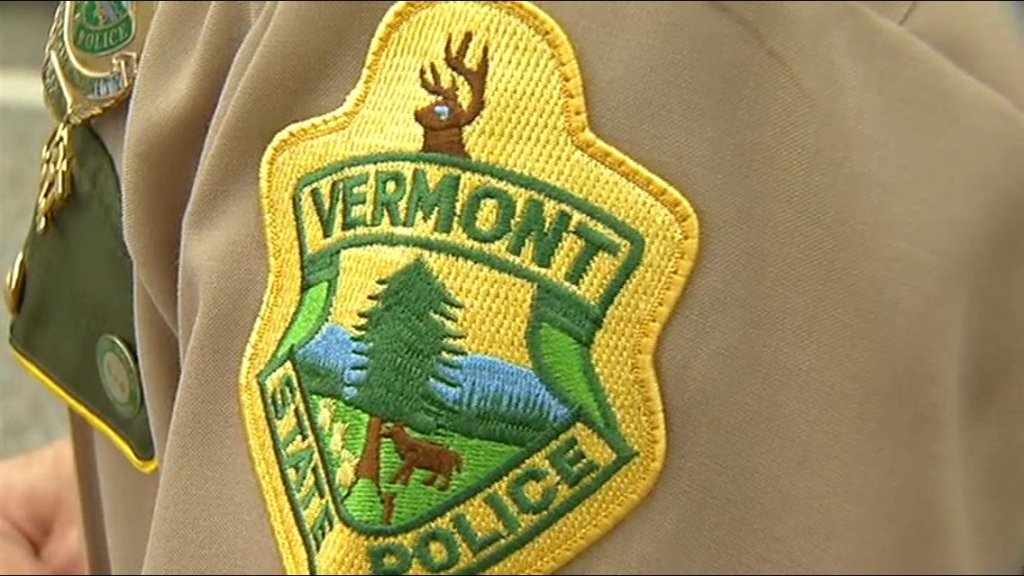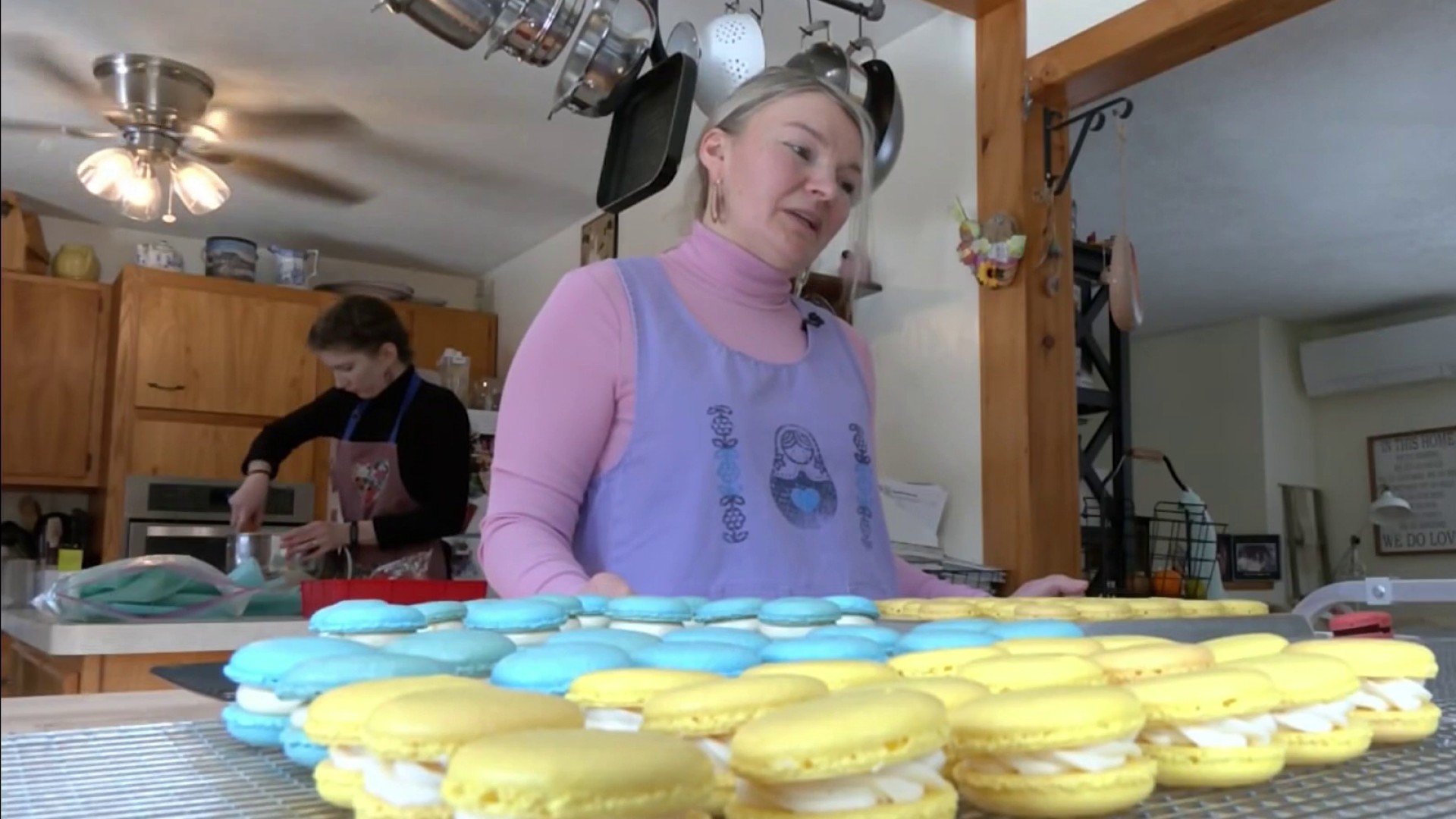Maple syrup production in Vermont is well underway for the 2022 season, with sugarmakers eager to rebound from a disappointing season last year.
Vermont dominates production of maple syrup in the United States, but tough weather conditions meant output in 2021 dropped sharply compared to the previous five years.
Days above freezing and nights below freezing over the next several weeks will be critical to determining the success of 2022’s production.
Gov. Phil Scott, R-Vermont, celebrated the season Monday— with his ceremonial tree tapping, held this year at the University of Vermont Proctor Maple Research Center.
Get New England news, weather forecasts and entertainment stories to your inbox. Sign up for NECN newsletters.
The PMRC turns 75 years old in 2022, and is now working to guide the maple industry in the face of a growing threat from climate change.
"Climate change is real," Gov. Scott said, praising the work of the PMRC, where scientists are looking at impacts of climate change as part of their work.
That research includes studies into how earlier thaws affect sap flows and how producers can maximize their yields in shorter windows.
"It’s our job to be thinking about the future," said Abby Van Den Berg of the Proctor Maple Research Center. "We want to be thinking about 20 years from now, 50 years from now, 100 years from now, as scientists in an agricultural field like this. That is what we’re here to do."
More Vermont news
Van Den Berg told NECN & NBC10 Boston that one major shift long-term could be to the very makeup of the woods and what species of maple trees do best here.
"As we get warmer, red maple is apt to be a much more prominent part of maple production," Van Den Berg said, explaining the researchers will be conducting experiments this spring into maple syrup produced using red maples versus sugar maples.
Mike Snyder, the commissioner of the Vermont Department of Forests, Parks, and Recreation, said sugarers will be on the forefront of any long-term changes seen to the forests of northern New England.
"There are projections that our forests here 40, 50, 100 years from now will look more like the forests of the mid-Atlantic," Snyder explained. "And the forests we have here will be shifted northward."
High school senior Dustin Beloin of Jay is a youth ambassador for the maple industry.
He has seen in his family’s sugarbushes how producers have embraced new technologies and methods over just his lifetime, so Beloin expects climate change will keep his generation of sugarers on their toes.
"The season does not run nearly as long as it used to," Beloin said, referring to stories he heard from his grandfather of longer seasons. "I think it’s just another variable we have to adapt to — and I think sugarmakers are going to be good at it."
Meanwhile, Scott said rather than just adapting to climate change, Vermonters should be on the forefront of combating it.
"And doing all we can to reduce our reliance on fossil fuels," the governor said of a leading way to slow down the worst effects of climate change— so Vermont can product traditions like maple syrup production and so many others.




